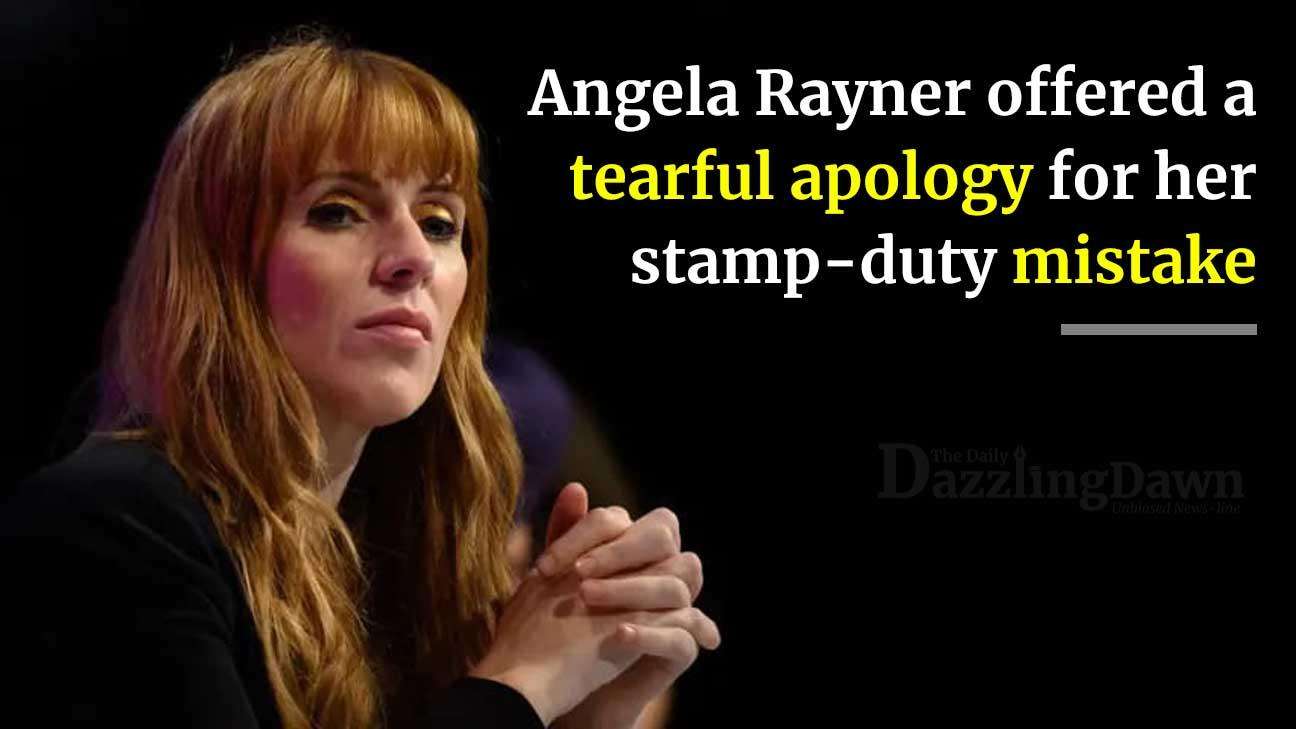In a digital-first political storm, a new document trail has deepened the controversy surrounding former Deputy Prime Minister Angela Rayner. Documents seen by this newspaper reveal that the value of her family home in Ashton-under-Lyne was increased by more than £150,000, a change made after lawyers cited an "error" to the Land Registry. This revelation comes just as Ms. Rayner has resigned from her government posts following an ethics investigation into her property affairs.
The official documents show the property's value was raised from £487,500 to £650,000 in April 2024. This significant increase, which made the house worth nearly twice as much as other properties on the same street, was made just months before Ms. Rayner sold her share of the home to a trust set up for her disabled son. The price she received for her stake—£162,500—was exactly the amount of the property's valuation increase.
The change was initiated by lawyers from Swiitch, the conveyancing arm of law firm Shoosmiths, which was appointed by a court to run the trust for Ms. Rayner's son. In a communication to the Land Registry in April 2024, they apologized for an "original error" that led to the home being registered at only 75 percent of its true value and formally applied for the higher value to be listed. A spokesperson for Swiitch acknowledged the "administrative error" and said the matter was "resolved satisfactorily with the Land Registry," adding that an independent, qualified surveyor had valued the property.
This new information comes on the heels of a separate and equally complex digital paper trail. Ms. Rayner resigned on Friday after a Telegraph investigation revealed she had failed to pay the correct stamp duty on her £800,000 seaside flat in Hove. She had paid the lower rate of £30,000, when a higher rate of £70,000 for a second home was due. The government's independent ethics adviser found she had breached the ministerial code by ignoring two warnings to seek expert advice on the transaction.
In a statement, Ms. Rayner admitted she had underpaid stamp duty and has since referred herself to HMRC to rectify the situation. She attributed the error to inaccurate legal advice she received at the time of purchase in May 2025. The conveyancing firm for the Hove property, Verrico & Associates, has, however, publicly stated that they did not provide tax advice and that the stamp duty calculation was based on information provided by Ms. Rayner. The firm's managing director told The Telegraph that they were being made "scapegoats" and that they had done everything correctly based on the information provided.
The scrutiny of Ms. Rayner's property dealings has been a persistent feature of her time in government, fueled by a constant stream of leaked documents and public data. The digital age has ensured that these financial dealings are not just a matter of private record but a public controversy, played out in real-time across news sites and social media.
The latest documents related to her Ashton property add a new layer of complexity to her financial arrangements. The increase in the home's value, which allowed her to use the proceeds to pay the deposit on her Hove flat, has led critics to question the timing and nature of the valuation change. Digital property records show that in the past year, no house within a mile of Ms. Rayner’s Ashton property sold for more than £561,000. On her street alone, the most expensive sale in the last five years was a semi-detached home that sold for £365,000 in 2021—almost £300,000 less than the value now placed on her home.
The digital footprints of her property transactions—from Land Registry documents to a recent ethics investigation report—have become the focal point of a major political and personal crisis, demonstrating how modern public life is inextricably linked to online data and its interpretation.
_7.jpg)


_9.jpg)




.svg)


